26, August 2023
France: Sarkozy to face trial for receiving funds from Libya’s Gaddafi 0
Former French President Nicolas Sarkozy will face a trial in 2025 on charges of corruption and receiving illegal funding from former Libyan leader Muammar Gaddafi for his successful 2007 presidential campaign, according to France’s financial prosecutors.
An initial hearing is set for March 7, 2024, the prosecutor’s office said, with the trial itself scheduled to take place between Jan.6, 2025 and April 10, 2025.
The 68-year-old is also fighting various other charges, including “concealment of embezzlement of public funds, passive corruption, and illegal campaign financing, the prosecutor’s office said.
The investigation was sparked by revelations from the investigative website Mediapart which published a document purporting to show that Gaddafi agreed to give Sarkozy up to 50 million euros ($54 million at current rates).
Sarkozy could face up to 10 years in prison if convicted in the case, while he has repeatedly denied the accusations. “There’s not even the smallest inkling of proof,” he said in an interview in 2018.
In addition to Sarkozy, there are 12 others facing the trial among them heavyweights such as Sarkozy’s former right-hand man Claude Gueant, his then head of campaign financing Eric Woerth and former interior minister Brice Hortefeux.
Sarkozy has already been convicted twice for corruption and influence-peddling in separate cases involving attempts to influence a judge and campaign financing.
He lost an appeal in May against a 2021 conviction for corruption and influence peddling. His legal team promised to challenge that at France’s highest court.
Sarkozy championed a NATO-led military intervention in Libya, taking advantage of an uprising against Gaddafi in 2011, which plunged the African country into chaos and infighting continuing to this day.
Before Sarkozy, the only former French leader to be sentenced at trial was his predecessor Jacques Chirac, who received a two-year suspended sentence in 2011 for corruption over a fake jobs scandal relating to his time as Paris mayor.
Source: Presstv
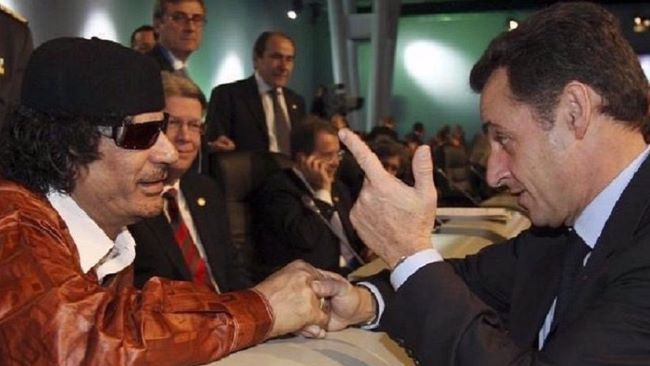
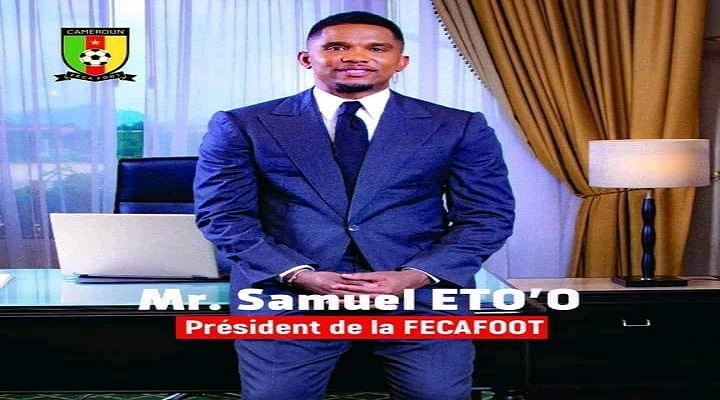

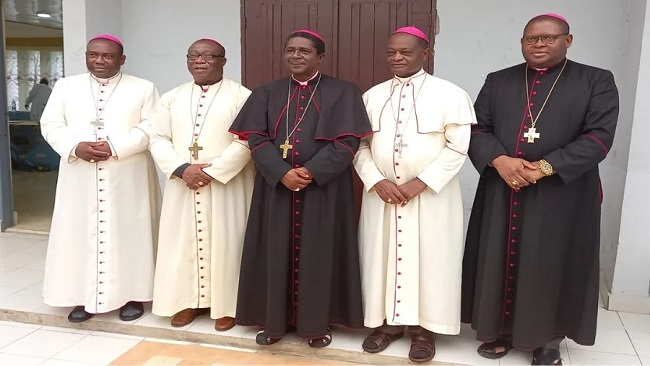
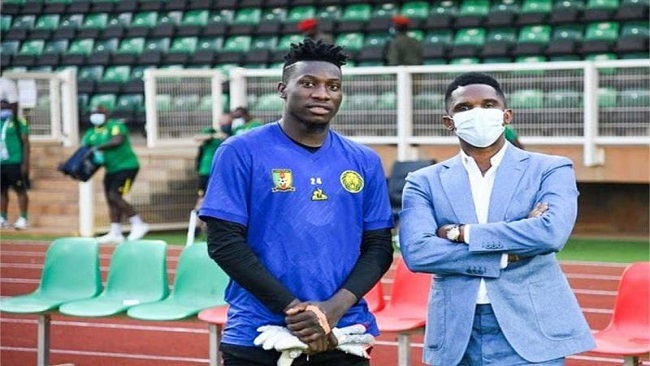
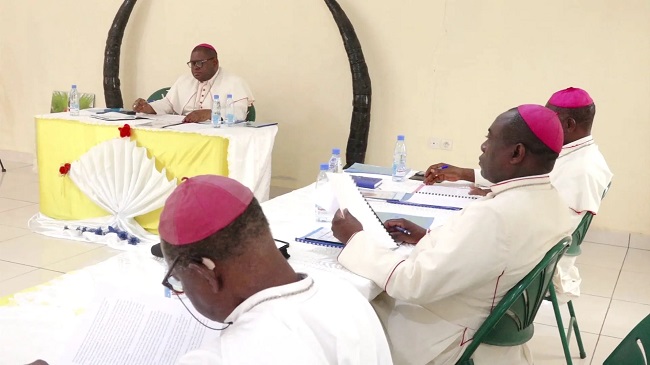


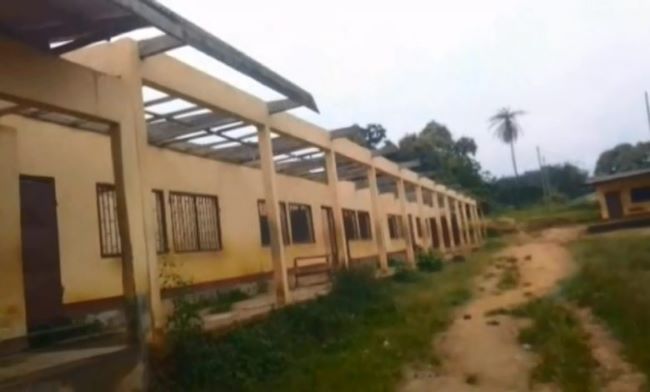


















26, August 2023
Football: Lukaku says signing for Roma on loan from Chelsea 0
Romelu Lukaku has revealed he is set to sign for Roma from Chelsea, according to Belgian media on Saturday, as the two clubs try to hammer out a loan deal.
Newspaper Het Laatste Nieuws reported that Belgium striker Lukaku has said he is to move to the Italian capital.
“I’m nervous. Tomorrow (Sunday) I’m flying to Rome to sign (for Roma),” HLN quoted him as saying at a youth tournament in which his son made his Anderlecht debut.
Italian media report the two clubs are yet to agree a deal as the Serie A club want to loan Lukaku for around five million euros ($5.4 million), lower than Chelsea’s valuation.
Sky Sport in Italy report that Roma’s sporting director Tiago Pinto has denied that negotiations would be done in time for Lukaku to travel to Italy on Sunday.
Chelsea have been trying to offload outcast Lukaku all summer but neither Inter Milan — where he was loaned by the Blues last summer — nor Juventus decided to sign the Belgium striker.
Inter were deep in talks with Chelsea but reportedly gave up on the 30-year-old after they discovered he had been secretly talking to their biggest rivals Juventus and AC Milan.
Last month Inter captain Lautaro Martinez said he had been “disappointed” by Lukaku for hiding from his teammates and refusing to answer calls before the deal broke down.
Meanwhile Juve would have had to sell Serbia striker Dusan Vlahovic in order to sign Lukaku, a move which supporters vocally opposed all pre-season and during their 3-0 win at Udinese last weekend.
With a permanent sale now off the table less than a week before the end of the summer transfer window Chelsea are talking to Roma about another loan, with the Italian club’s American owners travelling to London on Friday to negotiate a deal.
Roma are at Verona on later Saturday and are set to start with an attack of Paulo Dybala and Italy’s Andrea Belotti, who also played together at Palermo.
Earlier on Saturday Roma confirmed the signing of Iran forward Sardar Azmoun on loan from Bayer Leverkusen.
Roma said they have brought in Azmoun, 28, “on a temporary basis until 30 June 2024” with “the option to make the transfer permanent”.
Azmoun, who has 45 goals in 71 appearances for his country, arrives after a difficult spell in Germany where he only scored five times since moving to Leverkusen in January 2021.
Source: AFP